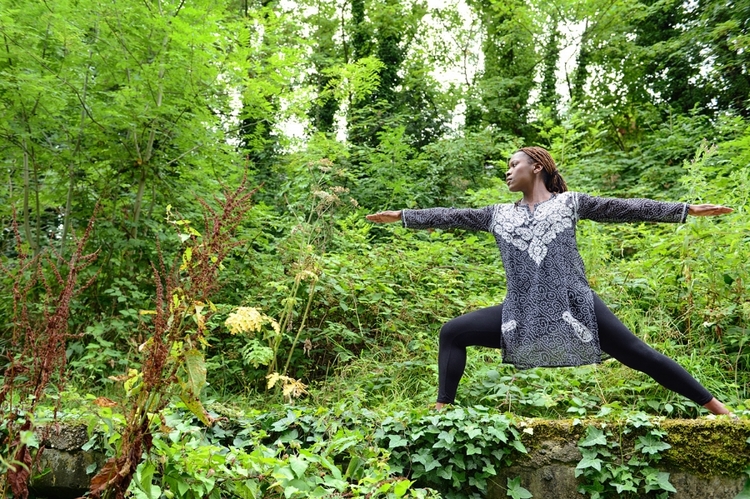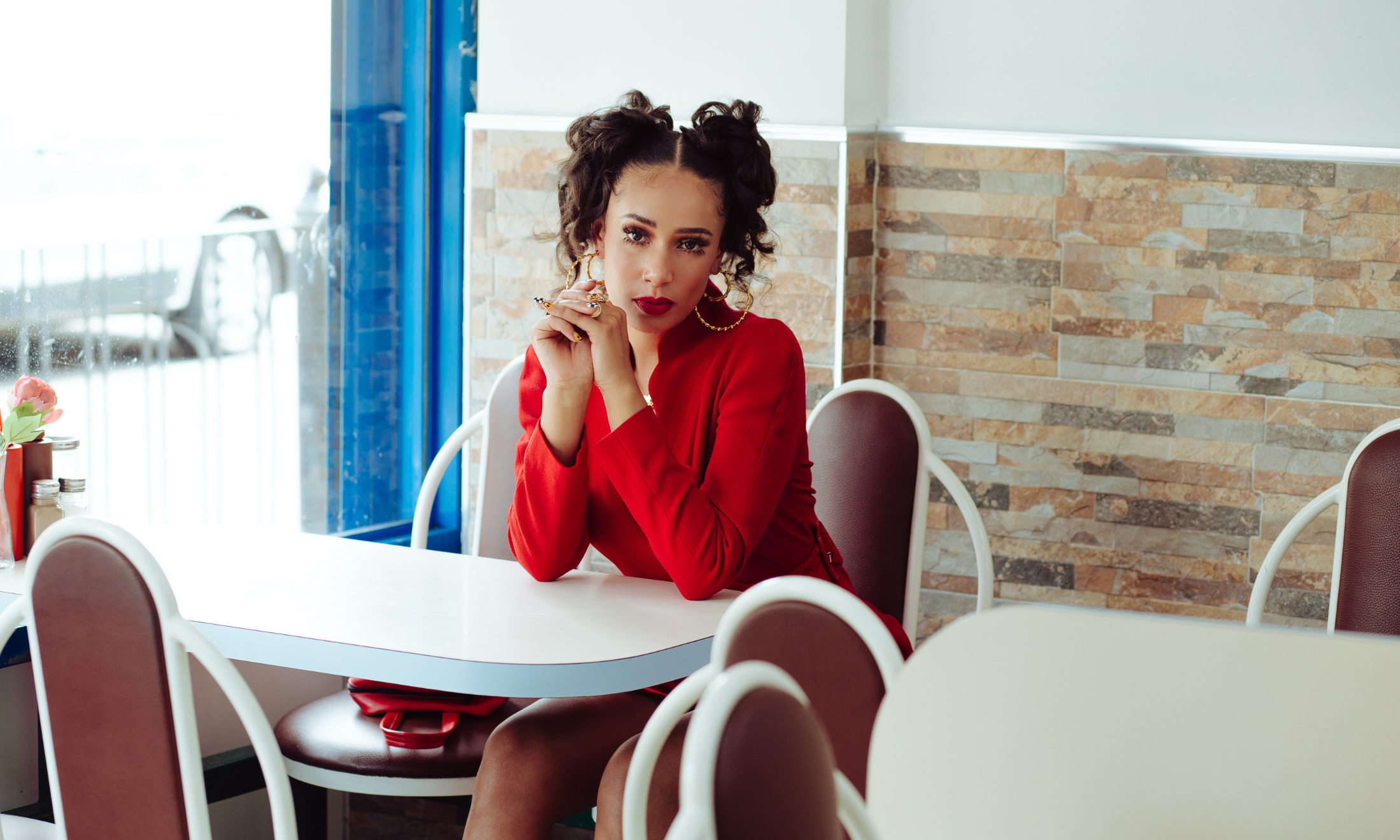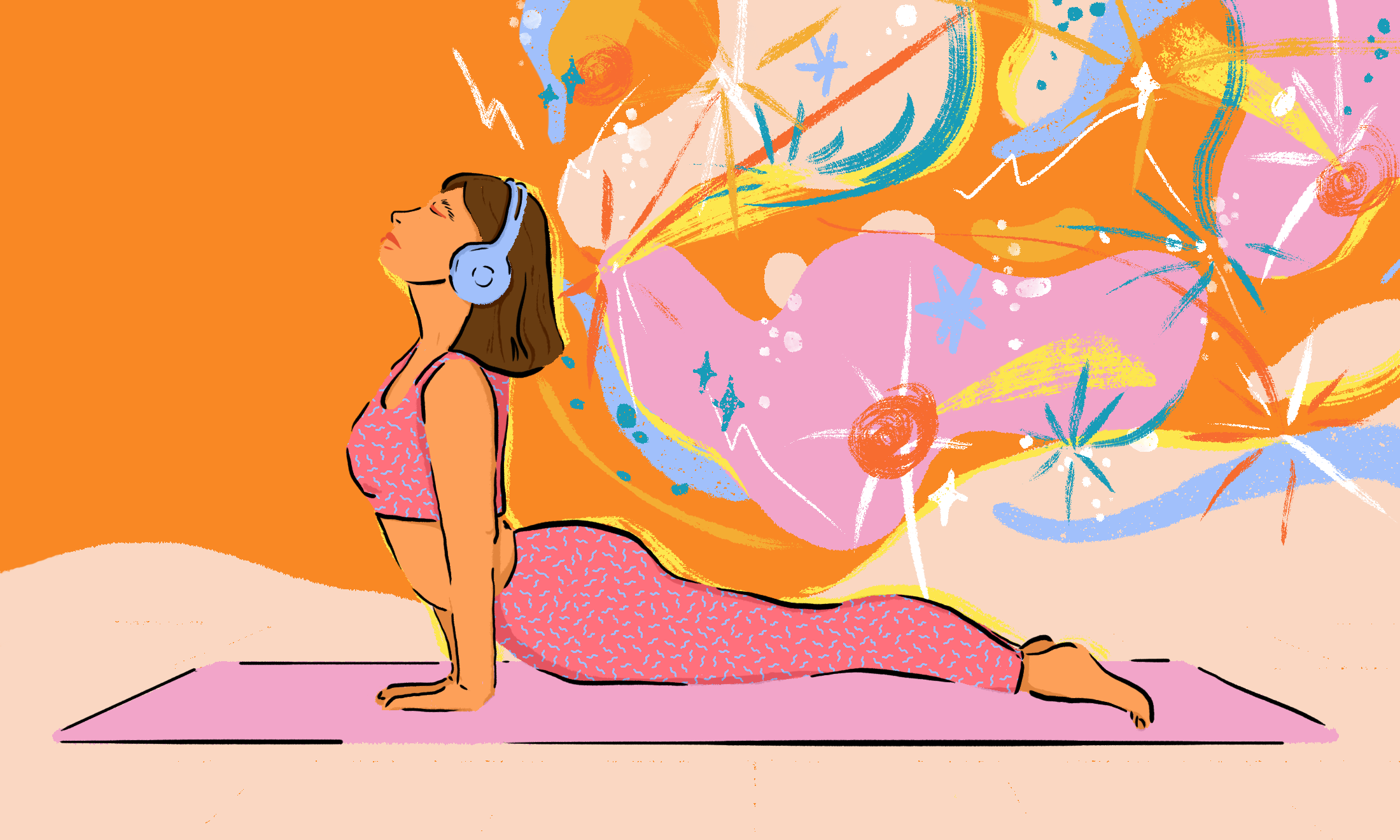
Health and wellbeing are buzzwords steeped in multi-billion dollar industries. While the 90s and the 00s were the decades of trendy dieting, if you scroll the health and wellbeing sections of mainstream media outlets today, you will find more on physical fitness and mental wellbeing. In some ways this change of direction is positive. Rather than classic gym and fitness studio workouts, videos are circulated showing gravity-defying calisthenics exercises, i.e. physical exercises done without equipment. Cycling and running have increased in popularity , and of course there’s the yoga hype. On top of all of that, everyone from the biggest bloggers to your favourite boss is talking about the many forms of self-care, such as deep-tissue massage or guided relaxation. Without argument, any of these practices will positively impact an individual’s physical and mental health.
Many people however, are denied access to these benefits. The number of people who have heard of, have tried or regularly practice yoga continues to grow unexpectedly fast. Yet statistics show that the majority of those people identify as white, middle-class women. With Lululemon– an apparel store best known for its flattering yoga pants for women, opening stores exclusively for men, it shows that yoga is gaining momentum among men as well, as reported by Yoga Journal and Yoga Alliance. The price of a class at the larger studios in London is on average £15, so it is also probably safe to assume that popularity of yoga classes in non middle-class homes will remain low.
Yoga in its ancient form, originated in India. A sage named Pantañjali collated into one book knowledge that had been passed down for centuries. This book, The Yoga Sutras, is over 2,000 years old and outlines eight limbs of Yoga, one of them being āsana, the postures practiced in yoga studios. In order to not put potential customers off with talk of spirituality, studios neglect to ground their classes in the history of the practice and in doing so, yoga has been excessively commercialised and commodified across the West with little connection to its pre-colonial roots. An excellent article by Susanna Barkataki offered tangible tips on how to decolonise yoga practice and her points can easily be transferred to other traditions, such as healing treatments in Ayurveda, Traditional Chinese Medicine, and Reiki.
In recent years, women like Maya Breuer, Calia Marshall, Lauren Ash and Chelsea Roberts, who offer yoga for communities of colour in the U.S., have grown their following and received mentions in the press. But you may not have heard about similar contributions in the UK. There are weekly community yoga classes for women of colour led by Jilna in South London. A new Meet Up group has been founded by Danielle Bastian: yoga for people of colour living in London. Also based in London, Josetta Malcolm has a great offering of classes supporting underserved and marginalised communities. Each of these women have faced resistance from people who call their work divisive. There are individuals who have not yet recognised that the white-as-default environment is an illusion- one that becomes quite palpable in the commercial health and wellbeing sectors. Only those individuals would reject the importance of creating spaces that serve marginalised communities.
The UK’s first yoga retreat catering to black women and women of colour, OYA: Body-Mind-Spirit Retreats, has recently launched. In founding OYA, my aim is to create spaces in which black women and women of colour have the opportunity to engage in self-practice in a supported environment. Yoga, grounded movement, mindfulness meditation, various forms of massage and more will be on offer for prices ranging from £250 to £500 at the confirmed weekend retreats. The first one will take place from the 8-10 July 2016 at Poundon House, near Bicester. Further urban retreats will be offered throughout London in collaboration with the women mentioned above, as well as others. Urban retreats will guarantee access to OYA for women who may not be able to afford, travel to, or stay overnight at weekend retreats.
Mariam, a women’s group organiser, described her excitement about the retreats:
“It’s really hard to describe what happens when you get a group of women together at a retreat but it feels like Healing. When this is with women who perhaps share your culture, ethnicity or experiences then this retreat becomes a place of implicit knowing and acceptance – like the Healing is growing from a place of overwhelming love. It’s a space where women feel comfortable enough to take off their hijabs and for others to try yoga for the first time. There is nothing quite like this.”
Yoga is for everyone. Health and wellbeing are innate desires that we share as human beings. Our ability to maintain and nourish our physical and mental health should not be denied or limited via indirect discrimination such as socioeconomic status. We all want the same things: to be happy and free.









